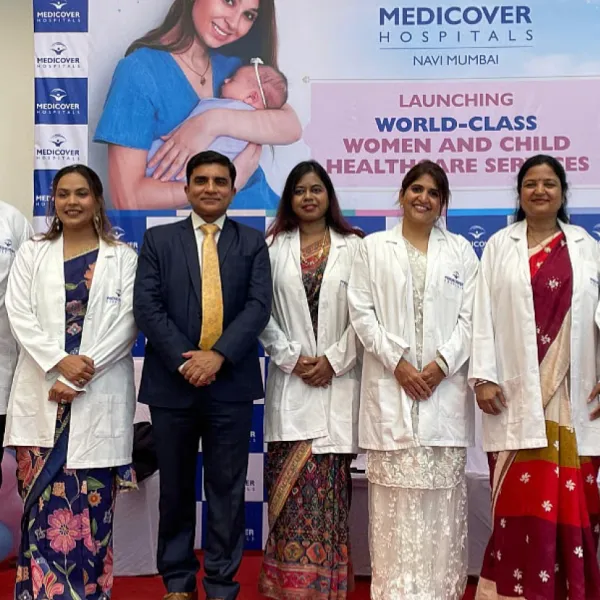NIT-Rourkela Develops New ECG Lead System

A key advantage of the ALS is its compatibility with existing ECG machines, allowing hospitals and clinics to upgrade their systems without incurring additional costs.
In a significant advancement for cardiac diagnostics, researchers at the National Institute of Technology-Rourkela (NIT-R) have developed a new lead placement system for electrocardiograms (ECG) to improve the early detection of abnormal heart rhythms.
The innovation, termed the Atrial Lead System (ALS), introduces a modified electrode arrangement that enhances the visibility of electrical signals from the heart’s upper chambers, areas that standard ECGs often struggle to capture clearly.
A key advantage of the ALS is its compatibility with existing ECG machines, allowing hospitals and clinics to upgrade their systems without incurring additional costs.
“Irregular rhythms in the heart’s upper chambers are common, especially in patients undergoing treatment. Identifying these arrhythmias in early state can help doctors begin timely treatment and prevent complications,” said J Sivaraman, Assistant Professor at the Department of Biotechnology and Medical Engineering, NIT-R.
Traditional ECG systems often miss early signs of arrhythmias due to the weak nature of P-waves, which are sometimes obscured by stronger signals from other parts of the heart or background noise. To overcome this challenge, the NIT-R team developed the ALS with an optimized lead arrangement that significantly improves the signal-to-noise ratio.
“We introduced novel electrode placements that significantly increased the visibility of atrial activity on ECG readings. The improved signal clarity allows for quicker analysis and better clinical decision-making,” Sivaraman added.
The research team included Dr N Bala Chakravarthy, Prof Kunal Pal, and research scholars Prasanna Venkatesh and Arya Bhardwaj. Dr R Pradeep Kumar, senior interventional cardiologist at MIOT International Hospital, Chennai, provided clinical validation and collaboration.
The findings from this project have been published in several peer-reviewed international journals, including Biomedical Signal Processing and Control, Medical Hypotheses, and Physical and Engineering Sciences in Medicine.
A patent application for the ALS has also been filed.
Stay tuned for more such updates on Digital Health News.
Stay tuned for more such updates on Digital Health News































